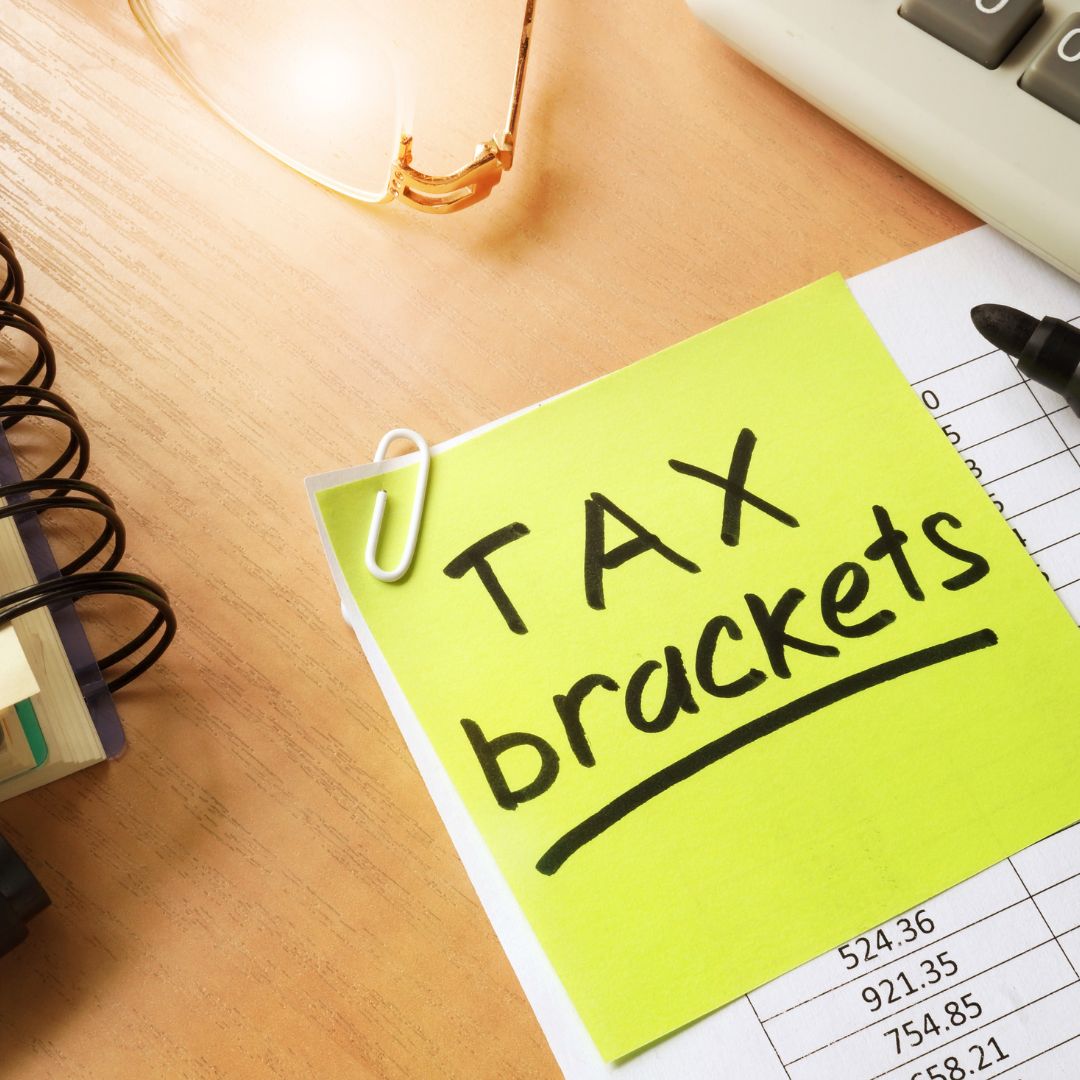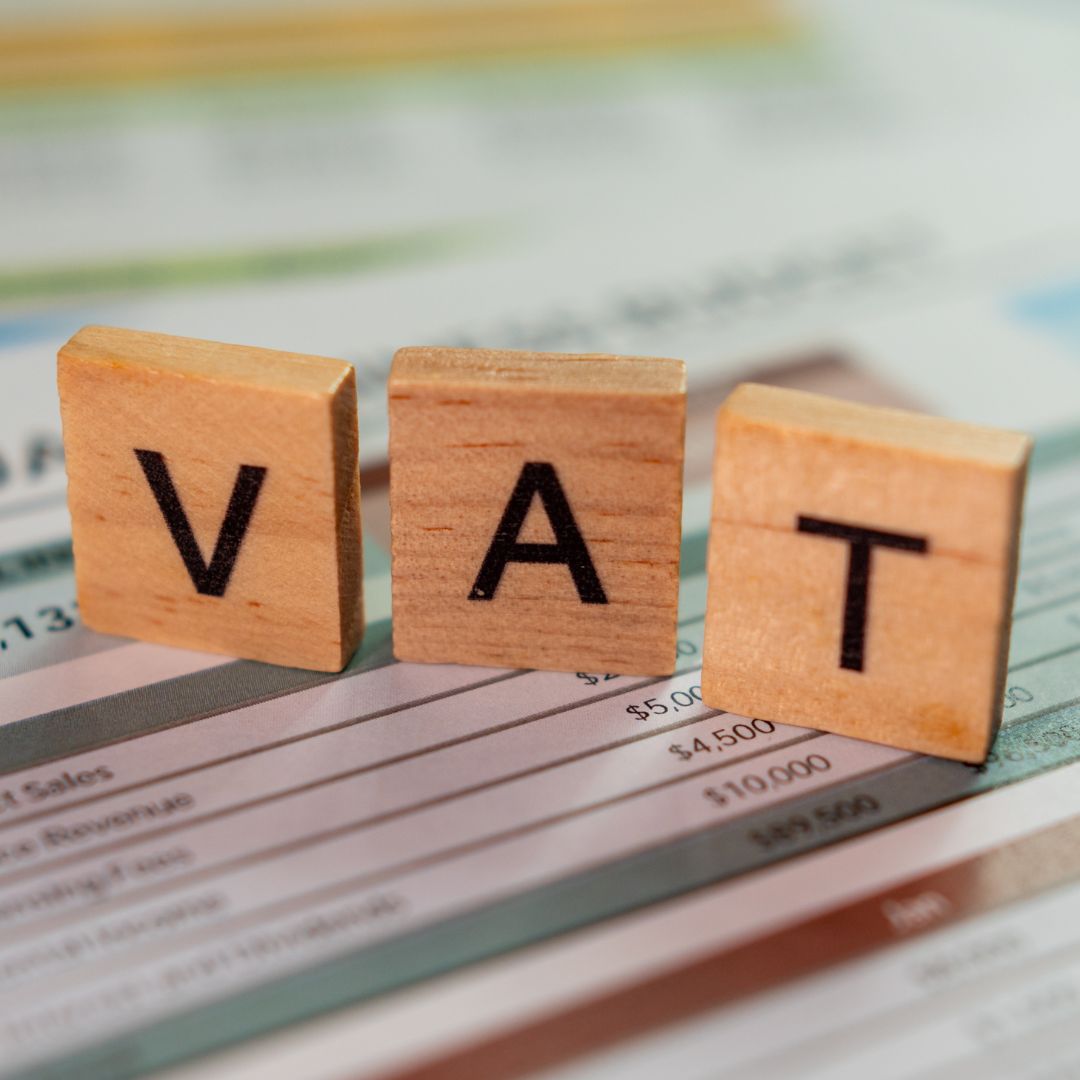Thailand operates a progressive income tax system, meaning the more you earn, the higher the percentage of tax you will pay. The tax rates apply to taxable income, which is the income you receive after deducting allowances, exemptions, and other eligible expenses. If you are a resident of Thailand, you are required to pay tax on your worldwide income, while non-residents are taxed only on income sourced from within Thailand.
Understanding Thailand’s tax brackets and how they work is essential for anyone living or working in the country. Here is a detailed explanation of how Thailand's tax system works in 2025.
Thailand’s Tax Brackets
The personal income tax system in Thailand is divided into 8 tax brackets, each with a different rate. As of 2025, the tax rates are as follows:
- Up to THB 150,000: 0%
No tax is levied on annual income up to 150,000 baht. - THB 150,001 to THB 300,000: 5%
For income between THB 150,001 and THB 300,000, the tax rate is 5%. - THB 300,001 to THB 500,000: 10%
Income between THB 300,001 and THB 500,000 is taxed at 10%. - THB 500,001 to THB 750,000: 15%
The tax rate for income in the range of THB 500,001 to THB 750,000 is 15%. - THB 750,001 to THB 1,000,000: 20%
The tax rate for income between THB 750,001 and THB 1,000,000 is 20%. - THB 1,000,001 to THB 2,000,000: 25%
For income in the range of THB 1,000,001 to THB 2,000,000, the tax rate is 25%. - THB 2,000,001 to THB 5,000,000: 30%
Income in this bracket is taxed at 30%. - Above THB 5,000,000: 35%
The highest tax rate of 35% applies to income above THB 5,000,000.

How the Progressive Tax System Works
Thailand’s progressive tax system means that each portion of your income is taxed at different rates, depending on the income range it falls into. For example, let’s say you earn THB 450,000 per year. Here’s how your tax would be calculated:
- The first THB 150,000 is tax-free (0% tax).
- The next THB 150,000 (from THB 150,001 to THB 300,000) is taxed at 5%, which equals THB 7,500.
- The remaining THB 150,000 (from THB 300,001 to THB 450,000) is taxed at 10%, which equals THB 15,000.
So, your total tax liability would be:
- THB 7,500 + THB 15,000 = THB 22,500.
In this example, if your income is THB 450,000, you would pay THB 22,500 in taxes.
Taxable Income and Deductions
Taxable income is the amount after deductions and exemptions have been applied. Deductions could include:
- Personal allowance: A basic deduction that all taxpayers are eligible for.
- Spouse and child allowances: If you have dependents, you can claim allowances to reduce your taxable income.
- Contributions to retirement funds: Contributions to the government’s provident fund or private retirement funds may be deducted from your income.
- Other specific deductions: These could include insurance premiums, charitable donations, or certain expenses related to your work.
These deductions reduce the income on which you will be taxed, thus potentially lowering your overall tax liability.

Filing and Payment
In Thailand, the tax year follows the calendar year (January 1 to December 31). Taxpayers are required to file their tax returns by March 31 of the following year. Any tax owed is due by the filing deadline. For those who are employees, taxes are often withheld by the employer (similar to a payroll tax) and submitted to the tax authority.
Conclusion
Thailand’s progressive tax system can seem complex at first, but once you understand the tax brackets and how deductions work, it becomes easier to estimate your tax liability. By calculating your taxable income and applying the appropriate tax rates to each portion of your income, you can determine how much you need to pay. Always make sure to take advantage of deductions and allowances, as they can significantly reduce your overall tax burden.



